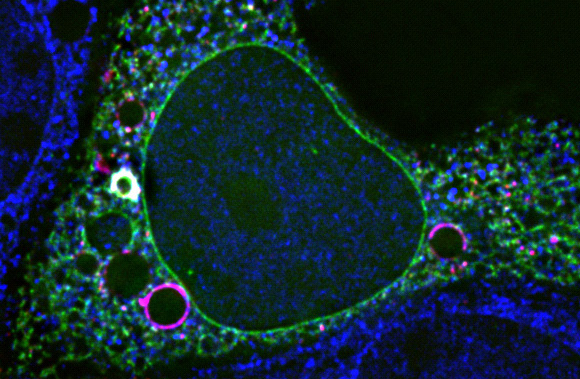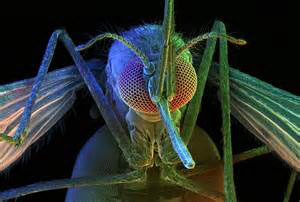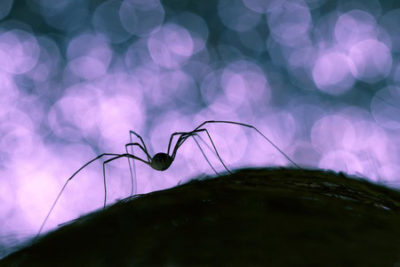by Richard William Nelson | Feb 11, 2016
 Starting with his infamous book, The Origin of Species (1859), Charles Darwin legitimized racism based on the theory of evolution, albeit briefly. The complete title contains the essential phrase “preservation of favoured races” –
Starting with his infamous book, The Origin of Species (1859), Charles Darwin legitimized racism based on the theory of evolution, albeit briefly. The complete title contains the essential phrase “preservation of favoured races” –
“On the origin of species by means of natural selection, or the preservation of favoured races in the struggle for life”
How his concept of “races” applies to humans was clarified in The Descent of Man (1871). Darwin explains –
“The sole objective of this work is to consider… the value of the differences between the so-called races of man.”
Continue Reading
by Richard William Nelson | Jan 11, 2016
 The status of evolution as a science is verging closer to extinction following a workshop in Germany last month. The essence and definition of science were at the center stage at this historic convening of leading physicists and philosophers of science last month.
The status of evolution as a science is verging closer to extinction following a workshop in Germany last month. The essence and definition of science were at the center stage at this historic convening of leading physicists and philosophers of science last month.
The meeting convened in the Romanesque-style Ludwig Maximilian University lecture hall. Science writer Natalie Wolchover covered the story for Quanta Magazine, entitled “A Fight for the Soul of Science,” and later reprinted on TheAtlantic.com, entitled “Physicists and Philosophers Hold Peace Talks.”
Continue Reading
by Richard William Nelson | Dec 3, 2015
 Natural selection, sometimes known as the opium of evolutionary biologists, has long been envisioned as the driving mechanism of biological evolution. “On the Origin of Species by Means of Natural Selection” by Charles Darwin was the first publication to popularize natural selection.
Natural selection, sometimes known as the opium of evolutionary biologists, has long been envisioned as the driving mechanism of biological evolution. “On the Origin of Species by Means of Natural Selection” by Charles Darwin was the first publication to popularize natural selection.
In the words of twentieth-century evolutionary biologist Niles Eldredge,
“A century and a half ago, Charles Darwin offered the world a single, simple scientific explanation for the diversity of life on Earth: evolution by natural selection.”
Continue Reading
by Richard William Nelson | Nov 5, 2015
 Evolutionary paradigms are increasingly struggling to survive under the weight of new scientific evidence. The malarial evolution nightmare is the latest. “Think of a deck of cards,” said Dan Larremore in an interview with Quanta Magazine science writer Veronique Greenwood.
Evolutionary paradigms are increasingly struggling to survive under the weight of new scientific evidence. The malarial evolution nightmare is the latest. “Think of a deck of cards,” said Dan Larremore in an interview with Quanta Magazine science writer Veronique Greenwood.
“Now, take a pair of scissors and chop the 52 cards into chunks. Throw them in the air. Card confetti rains down, so the pieces are nowhere near where they started. Now tape them into 52 new cards, each one a mosaic of the original cards. After 48 hours, repeat.”
Continue Reading
by Richard William Nelson | Oct 1, 2015
 Nothing is simple in biology. Monica Young and Paul Hebert of the Biodiversity Institute of Ontario, Canada, have found within the amino acid sequences of eight-legged critters, known as arachnids, an evolution bug.
Nothing is simple in biology. Monica Young and Paul Hebert of the Biodiversity Institute of Ontario, Canada, have found within the amino acid sequences of eight-legged critters, known as arachnids, an evolution bug.
In one of the most extensive invertebrate amino acid sequence studies to date, Young and Hebert found highly variable patterns of amino acid sequences in the hemeprotein known as cytochrome C between species. None of Charles Darwin’s continuous “successive, slight” evolutionary changes in more than 4,000 species of arachnids studied were found. The paper, published in the highly respected journal PLOS ONE in August 2015, demonstrates a persistent flaw in the theory of natural selection – the absence of a common ancestor.
Continue Reading
 Starting with his infamous book, The Origin of Species (1859), Charles Darwin legitimized racism based on the theory of evolution, albeit briefly. The complete title contains the essential phrase “preservation of favoured races” –
Starting with his infamous book, The Origin of Species (1859), Charles Darwin legitimized racism based on the theory of evolution, albeit briefly. The complete title contains the essential phrase “preservation of favoured races” –



 Nothing is simple in biology.
Nothing is simple in biology. 